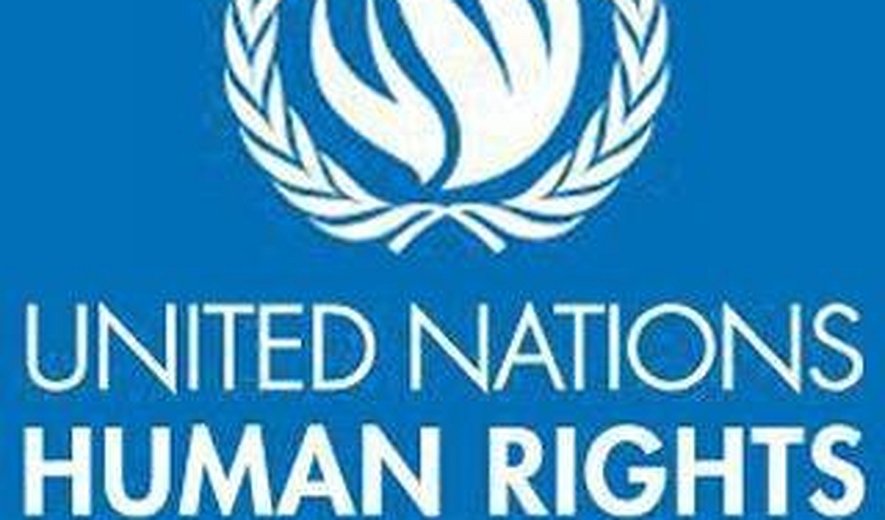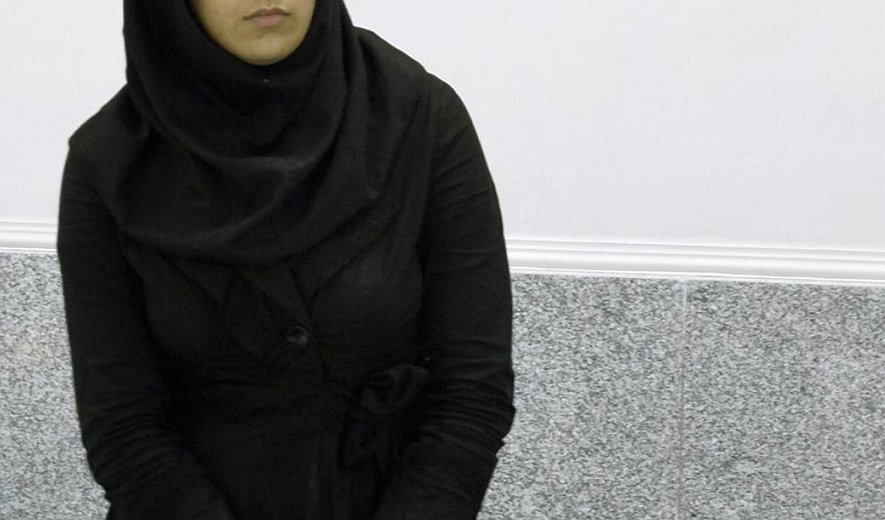UN calls on Iran to halt juvenile execution

IRAN HUMAN RIGHTS (17 January 2017): In a statement released today, three of the United Nations' rights experts called on the Iranian authorities to stop execution of the juvenile offender Sajjad Sanjari who is reportedly in imminent danger of execution and to institute a moratorium on the use of the death penalty in Iran.
The rights experts include Asma Jahangir, Special Rapportueur on the situation of human rights in the Islamic Republic of Iran, Agnes Callamard, Special Rapporteur on extrajudicial, summary or arbitrary executions and Benyam Dawit Mezmur Chairperson of the Committee on the Rights of the Child.
According to the reports collected by Iran Human Rights (IHR) more than 32 prisoners have been executed during the last 6 days in Iran.
GENEVA (17 January 2016) - UN experts today urged the Islamic Republic of Iran to halt the possibly imminent execution of a juvenile offender.
“We are deeply concerned that the life of a juvenile offender remains in danger and that he may be executed at any moment,” said the experts, Asma Jahangir, Special Rapportueur on the situation of human rights in the Islamic Republic of Iran, Agnes Callamard, Special Rapporteur on extrajudicial, summary or arbitrary executions and Benyam Dawit Mezmur Chairperson of the Committee on the Rights of the Child.
The offender was 15 years old when he was sentenced to death in 2012 for stabbing a man. In February 2014, he was granted a retrial on the basis of the new juvenile sentencing provisions of the 2013 Islamic Penal Code.
However, in June 2015 the Provincial Criminal Court of Kermanshah Province found that, at the time of the commission of the crime, he was mature enough to understand the nature of his crime. The court therefore confirmed his death sentence and rejected his argument that he had acted in self-defence following a rape attempt. The death sentence was upheld by Iran’s Supreme Court in August 2016.
Iran remains one of several States which execute juvenile offenders despite its strict prohibition under the International Covenant on Civil and Political Rights and the Convention on the Rights of the Child, to which Iran is a party.
“The Iranian authorities must immediately halt the execution of this juvenile and annul the death sentence against him in compliance with international standards for the imposition of this form of punishment,” the experts stressed.
Several other juveniles were retried under the revised juvenile sentencing guidelines of the 2013 Islamic Penal Code, and also found to be mature enough to be sentenced to death. Fifteen others were reportedly sentenced to death for the first time under these guidelines.
In January 2016, the Committee on the Rights of the Child urged Iran to end the execution of children and persons who committed a crime while under the age of 18. However, at least five juvenile offenders were executed in 2016 and, to date more than 78 juveniles are reported to be on death row.
“Iran must observe its international obligations by putting an end to the execution of juvenile offenders once and for all,” the experts said.
Ms. Jahangir and Ms. Callamard also expressed outrage at the reported execution of 16 alleged drug offenders on Saturday 14 January.
“Under international law, countries which have retained the death penalty may only impose it for the most serious crimes, that is, those involving intentional killing. Drug related offences do not meet this threshold,” the experts highlighted.
“Moreover, information we received show that the trials of some of these people marred by violations of due process guarantees and that the proceedings fell short of international fair trial standards,” the experts said. ”Any death sentence undertaken in contravention of a Government’s international obligations is unlawful and tantamount to an arbitrary execution.”
Over the past two years, more 1,000 people have reportedly been executed for drug related offences in Iran and currently some 5,000 people are reported to be on death row for drug offences.
“Until the death penalty for drug related offences is abolished in Iran, a moratorium on these executions should be instituted and all scheduled executions for drug- related offences halted,” the two experts stressed.
The experts also noted that human rights defenders campaigning against the death penalty in Iran are being increasingly targeted. Several anti-death penalty activists were sentenced to long prison sentences in 2016.
- See more at: http://www.ohchr.org/EN/NewsEvents/Pages/DisplayNews.aspx?NewsID=21093&LangID=E#sthash.GYVJrfe0.dpuf


